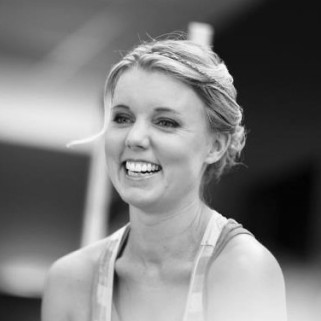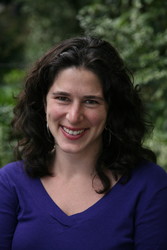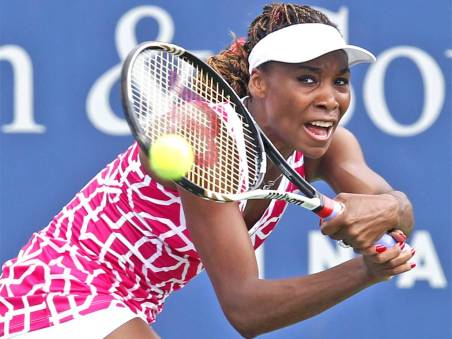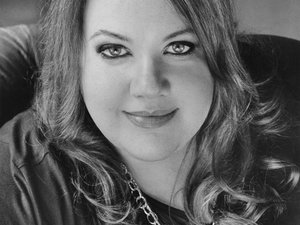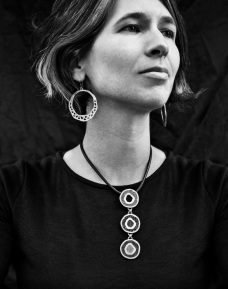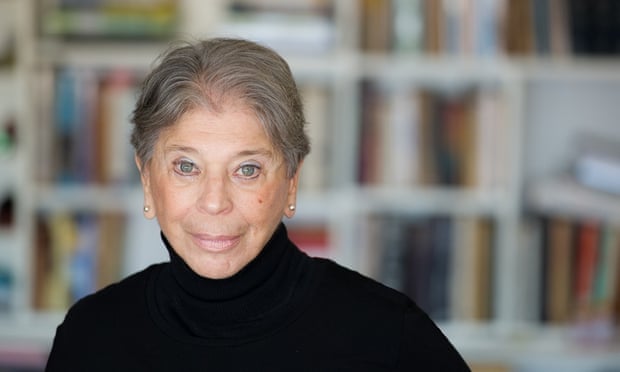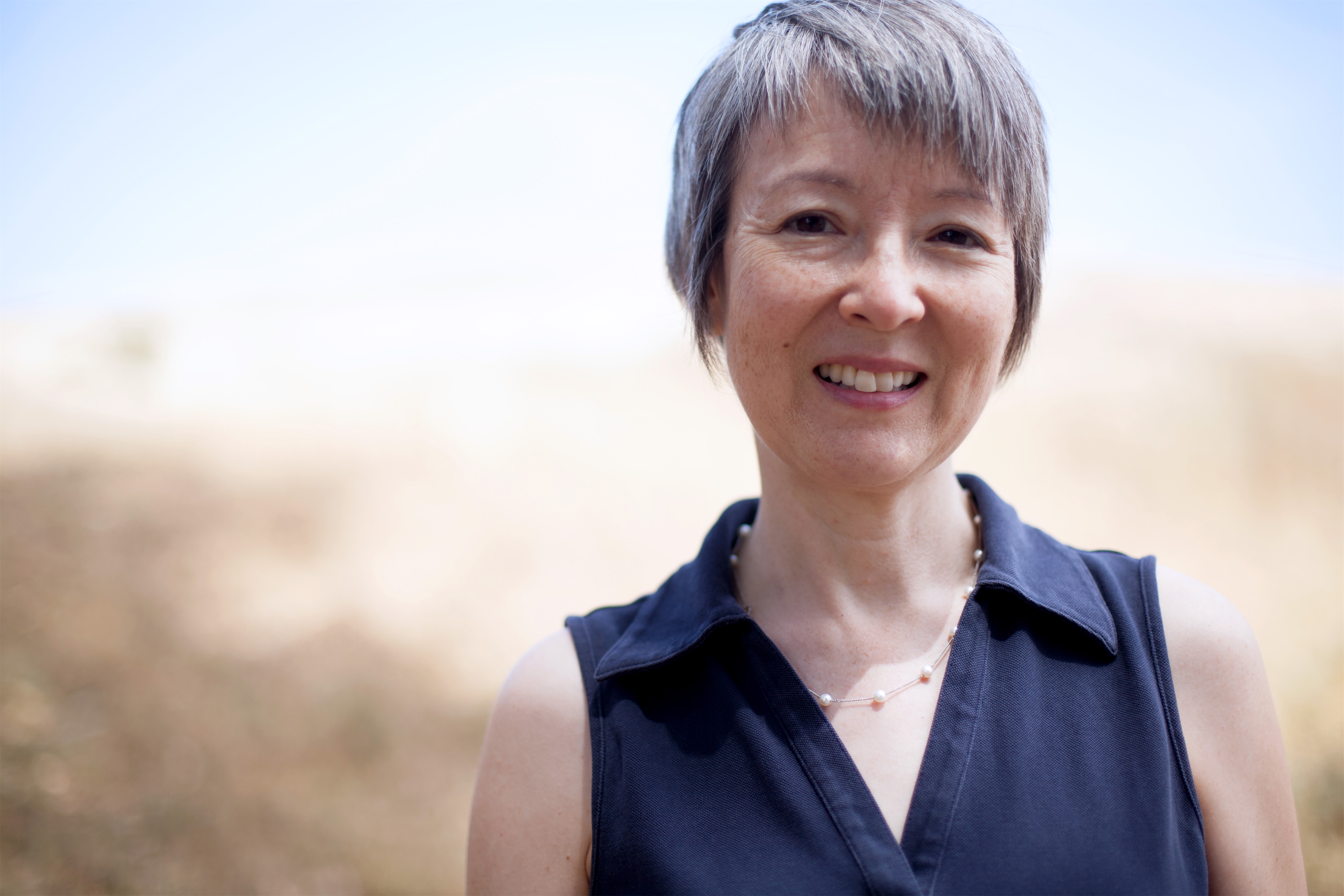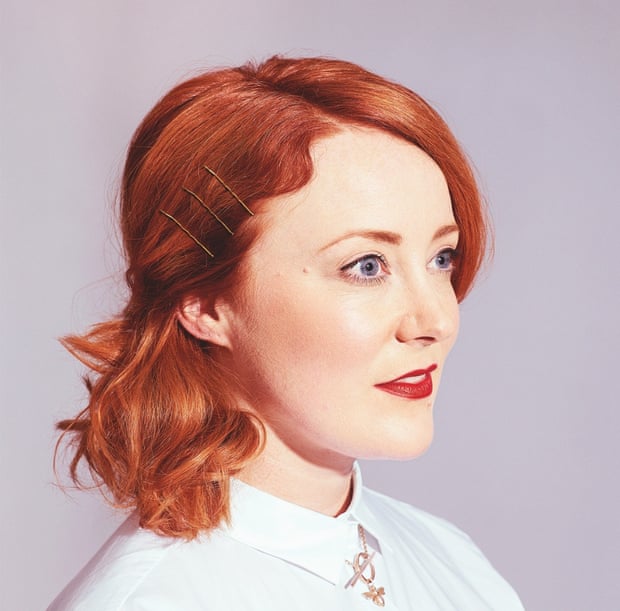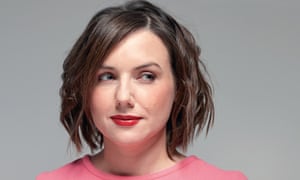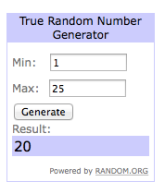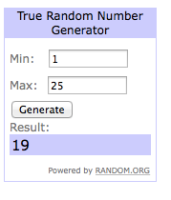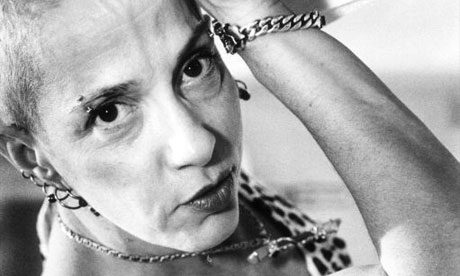In the media is a fortnightly round-up of features written by, about or containing female writers that have appeared during the previous fortnight and I think are insightful, interesting and/or thought provoking. Linking to them is not necessarily a sign that I agree with everything that’s said but it’s definitely an indication that they’ve made me think. I’m using the term ‘media’ to include social media, so links to blog posts as well as as traditional media are likely and the categories used are a guide, not definitives.
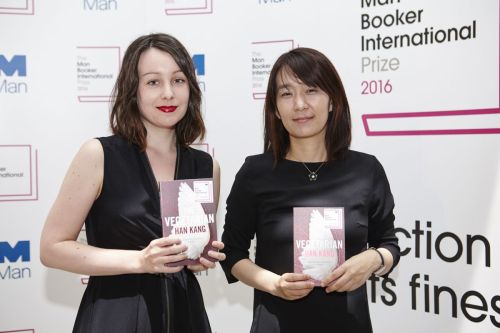
Books in translation have been having a moment following Han Kang and translator Deborah Smith winning the Man Booker International Prize for The Vegetarian. They wrote, ‘It is fascinating to ponder the possibilities of language‘ for The Guardian; Charles Montgomery wrote, ‘The Triumph of Han Kang and the Rise of Women’s Writing in Korea‘ in The Los Angeles Review of Books; Sophie Hughes wrote, ‘On the Joyful Tears of a Translator‘ on Literary Hub. Judith Vonberg writes, ‘Translated fiction is not a genre. Why do bookshops tell us it is?‘ in The New Statesman and Anjali Enjeti asks, ‘Do Americans Hate Foreign Fiction‘ on Literary Hub
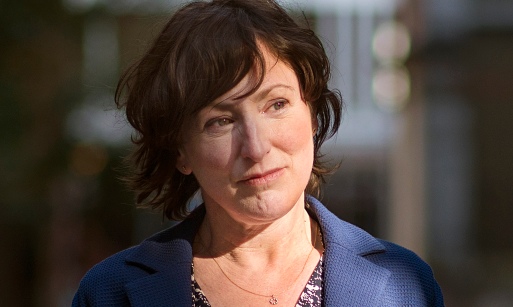
The best of the rest:
On or about books/writers/language:
- Rose Tremain, ‘Forty Years as a Writer‘ on Waterstones’ Blog
- Francesca Simon, ‘I’m a mixture of both Horrid Henry and Perfect Peter‘ in The Telegraph
- Rebecca Solnit, ‘To Break the Story, You Must Break the Status Quo‘ on Literary Hub
- Rose Courteau, ‘Team Ladislaw: What Henry James (and Everyone Else) Gets Wrong About Middlemarch‘ on The Millions
- Claire Christian, ‘Self-publish and be sneered at?‘ in The Bookseller
- Hannah Engler, ‘Nora Ephron and Literary Moms‘ on Bookriot
- Sarah LeFanu, ‘on Women’s Writing: A Small Bit of Recent History‘ on Something Rhymed
- Sarah Boxer, ‘Reading Proust on My Cellphone‘ on The Atlantic
- Casey Rocheteau, ‘Literary Juneteenth (or Why I Left The Offing)‘ on The Offing
- Julie Feng, ‘The Weight of the World, The Weight of Words‘ on Winter Tangerine
- Amy Watkin, ‘Harper Lee Would Like a Word With You‘ on McSweeney’s
- Rufi Thorpe, ‘Actually, All Writers Steal‘ on Literary Hub
- Julia Rochester, ‘My fiction is preoccupied with belonging and exile‘ in The Guardian
- Nuzaifa, ‘Muslims Represented in YA Fiction‘ on Word Contessa
- Zara Raab, ‘These Molten Flowers: on Lola Ridge, radical poet and activist‘ on Critical Flame
- Soniah Kamal, ‘When My Authentic Is Your Exotic‘ on Literary Hub
- Glosswitch, ‘Re-reading Wide Sargasso Sea‘ on Glosswatch
- Paula Erizanu, ‘Sarah Crossan wins the Irish children’s book of the year‘ in The Guardian
- Elif Shafak, ‘Writing Fiction is an Act of Faith‘ on Waterstones’ Blog
- Bridget Read, ‘Jenny Diski, Down the Final Rabbit Hole‘ on Literary Hub
- Melissa Holbrook Pierson, ‘That’s Inspiration!: Rereading Annie Dillard‘ in The Los Angeles Review of Books
- Enrique Vila-Matas, ‘The Unstoppable Myth of Alejandra Pizarnik‘ on Literary Hub
- Judith Shulevitz, ‘The Brontës’ Secret‘ on The Atlantic
- Alex Clark, ‘‘No drugs on the bus’: Carol Ann Duffy takes a road trip‘ in The Guardian
- Anne Enright, ‘In search of the real Maeve Brennan‘ in The Guardian
- Milena Busquets, ‘Writing my way out of the loneliness of grief‘ on The Pool
- Laura Miller, ‘Introducing My Ántonia‘ on Slate
- Nina Stibbe, ‘Helena Bonham Carter was cast in a TV series about my life – and all I could do was blag a Harry Potter ticket from her,’ in The Telegraph
- Candace Opper, ‘The Suicide Memoir: True Crime, Mystery and Grief‘ on Literary Hub
- Rebecca Smart, ‘Pride not prejudice’ in The Bookseller
- Nicole Brinkley, ‘“Women built this castle”: An in-depth look at sexism in YA.‘ on YA Interrobang
- Samantha Shannon, ‘An abridged Da Vinci Code implies teens need simple books – they don’t‘ in The Guardian
- Lucy Caldwell, ‘On Why Short Stories Matter‘ on Faber & Faber Blog
- Lynn Steger Strong, ‘Topography of a Novel: Hold Still‘ on Blunderbuss
- Robin Wasserman, ‘What Does It Mean When We Call Women Girls‘ on Literary Hub
- Rebecca Wait, ‘Following the Leader‘ on Waterstones’ Blog
- Marianne Tatipo, ‘Young, BAME, and chasing the ‘alternative route into publishing’ dream‘ in The Bookseller
- Chris Power, ‘A brief survey of the short story: Lucia Berlin‘ in The Guardian
- Janice P. Nimura, ‘History Never Ends, It Just Gets Retold‘ on Literary Hub
- Helena Fitzgerald, ‘How Katherine Dunn’s Geek Love Saved Me‘ on Literary Hub
- Laura Smith, ‘House Hunting with Martha Gellhorn‘ on Hazlitt
- Mikita Brottman, ‘Jane Austen’s Ivory Cage‘ in The American Scholar
- Faye Bird, ‘Why I Wanted to Write About Selective Mutism‘ on Scottish Booktrust
- Chris Kraus, ‘I Love Dick happened in real life, but it’s not a memoir‘ in The Guardian
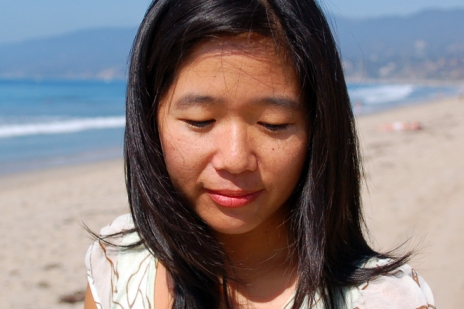
Personal essays/memoir:
- Jess Carroll, ‘Watch Me Bathe‘ on Hazlitt
- Amy Jones, ‘Stuck in the middle — between body positivity and clean eating‘ on Medium
- Carly Rose, ‘My Journey Into the Woods: What Stephen Sondheim Taught Me About Conceiving a Child‘ on Electric Literature
- Joanna Sing, ‘What I Have Learnt from Being (Occasionally) White-Passing‘ on Gal-Dem
- Nicole Cliffe, ‘How God Messed Up My Happy Atheist Life‘ on Christianity Today
- Eva Hagberg Fisher, ‘Vital Signs‘ on Guernica
- Maggie O’Farrell, ‘‘I have three seconds before she draws blood’: life with extreme eczema‘ in The Guardian
- Helena Fitzgerald, ‘The Fierce Triumph of Loneliness‘ on Catapult
- Vanessa Hua, ‘The Sandwich Generation‘ in the San Francisco Chronicle
- Anna March, ‘The Burn‘ on Midnight Breakfast
- Katrina Kenison, ‘Solitude: A Reprieve from the Noise of Doing‘ on On Being
- Sinéad Gleeson, ‘Blue Hills and Chalk Bones‘ on Granta
- Nina Stibbe’s letter to her younger self: ‘Try not to have a weave perm’ in The Guardian
- Rufi Thorpe, ‘Do the Deer‘ on Medium
- Rumaan Alam, ‘What Happened When I Tried to Have It All‘ on The Cut

Feminism:
- Katie J.M. Baker, ‘Ethics and the Eye of the Beholder‘ on Buzzfeed
- Alana Massey, ‘The Clique Imaginary‘ in The New Inquiry
- Lena Dunham, ‘Sorry, Not Sorry: My Apology Addiction‘ on Linkedin
- Emma Garman, ‘A Liberated Woman: The Story of Margaret King‘ on Longreads
- Joanna Walsh, ‘“She wore a USB cord instead of a necklace”: whatever happened to Cyberfeminism?‘ in The New Statesman
- Rebecca Reid, ‘GirLand, Habbo Hotel and me: how I learned to masturbate online‘ in The New Statesman
- Lola Okolosie, ‘“Misogynoir is a very real problem and feminism can no longer ignore it”‘ in Stylist
- Laura Maw, ‘Rhythms of Fear‘ on Hazlitt
- Afak Afgun, ‘Women carry a heavier coffin‘ on Sister-Hood
- Suzanne Moore, ‘Stop telling women they’re doing feminism wrong‘ in The Guardian
- Sarah Menkedick, ‘In Defense of Motherhood as Art‘ on Vela
- Sian Norris, ‘The value of women’s silence‘ on Sian and Crooked Rib
- Lasha, ‘bell hooks vs. Beyoncé: What this feminist scholarly critique gets wrong about “Lemonade” and liberation‘ on Salon
- Sari Botton, ‘Unchain My Heart: On the Emotional Effectiveness – and Lingering Sexism – of Jewish Divorce‘ on Longreads
- Lindy West, ‘Why women need to be bigger: on why we all should be loud and proud‘ in Stylist

Society and Politics:
- Charlotte Riley, ‘Working class girls don’t threaten our universities, they enrich them‘ in The New Statesman
- Jessica Contrera, ‘13, right now‘ in The Washington Post
- Daisy Hernández, ‘Kiss of Death‘ in Guernica
- Lindy West, ‘My husband isn’t fat, and that enrages people‘ on The Pool
- Holly Root-Gutteridge, ‘The songs of the wolves‘ on Aeon
- Mary Wang, ‘Seeing Through the Fog, Part Two‘ on Guernica
- Tracy O’Neill, ‘The Long Line to Tonight‘ on Catapult
- Ella Wilks-Harper, ‘There’s a Fine Line Between Tokenism and Diversity‘ on Gal-Dem
- Tracie White, ‘The Puzzle Solver‘ on Stanford Medicine
- Katherine Laidlaw, ‘Hold the Fort‘ on The Walrus
- Sonia Faliero, ‘The Long Rescue‘ in Harper’s
- Mallika Rao, ‘From Nina to Lemonade, Why We’re Still So Bad at Talking About Colorism‘ on Slate
- Deborah Halber, ‘192 Days as John Doe’ on Mosaic
- Bridget Minamore, ‘Racism and misogyny explains why there are so few black women in politics‘ on The Pool
- Christine Baumgarthuber, ‘Dinner with Caligula‘ on The New Inquiry
- Anna Furman, ‘Meeting Edward Said‘ on Guernica
Film, Television, Music, Art, Fashion and Sport:
- Louise Ridley, ‘Celebrity Injunctions Show ‘Moral Abuse’ Of Courts As They Are ‘Almost Entirely Taken Out By Unfaithful Men’ Say Lawyers‘ on The Huffington Post
- Arielle Bernstein, ‘Beyond the “girl power” anthem: Beyoncé, Lana Del Rey and pop’s radical embrace of female vulnerability‘ on Salon
- Elizabeth Daley, ‘Above and Beyoncé‘ on Guernica
- Joanna Sing, ‘Can We Excuse Azealia Banks on Account of Her Bipolar Disorder?‘ on Gal-Dem

The interviews/profiles:
- Miranda Beverly Whittemore on Literary Hub
- Emma Cline on The Bookseller
- Emma Straub in The New York Times
- Mary Gaitskill on Guernica
- Mona Awad on Hazlitt
- Lindy West on Buzzfeed
- Stephanie Danler on Electric Literature, The Paris Review, Vanity Fair and Guernica
- Kit de Waal in The Bookseller
- Rufi Thorpe on Electric Literature
- Fionnuala Kearney on Rebecca Mascull’s blog
- Rebecca Schiff on Electric Literature
- Svetlana Alexievich on The Millions
- Sarah Perry on Foyles
- MariNaomi on The Millions
- Margo Jefferson in The Observer
- Kelly Link on The Masters Review
- Anakana Schofield on The Gloss
- Teow Lim Goh on The Fem
- Elena Ferrante in The New Yorker
- Rivka Galchen on Electric Literature

The regular columnists:
- Laurie Penny in The New Statesman
- Lucy Mangan in Stylist
- Roxane Gay in The Guardian US
- Yasmin Alibhai-Brown in The Independent
- Caitlin Moran in The Times
- Lauren Laverne in The Pool
- Ella Risbridger in The Pool
- Sali Hughes in The Pool
- Bim Adewunmi in The Guardian
- Sophie Heawood in The Guardian
- Eva Wiseman in The Observer
- Tracey Thorn in The New Statesman
- Chimene Suleyman and Maya Goodfellow on Media Diversified
- Josie Pickens on Ebony
- Bridget Christie in The Guardian
- Lizzy Kremer on Publishing for Humans
- Juno Dawson in Glamour
- Kashana Cauley on Catapult
- Louise O’Neill in the Irish Examiner






